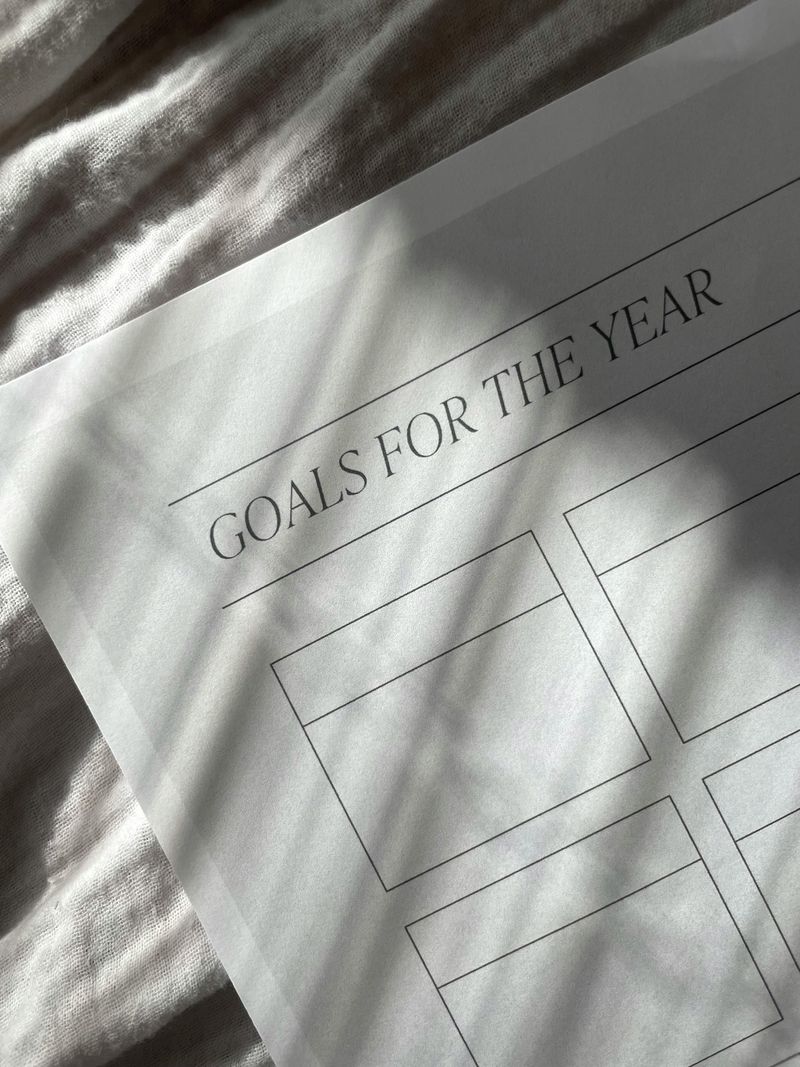10 Signs You’re Addicted to Productivity (and It’s Making You Miserable)

We all love that satisfying moment of crossing something off the to-do list—it’s practically a legal form of dopamine. But for some of us, being productive isn’t just a goal; it’s a full-blown obsession. When every minute of the day has to serve a purpose, and “rest” feels like a guilty indulgence, you might be dealing with a productivity addiction.
1. You Feel Guilty When You Rest

Taking a break feels like a crime when you’re addicted to getting things done. Instead of recharging, you spend your downtime mentally calculating what else you “should” be doing. Rest doesn’t feel earned—it feels wrong.
That guilt is your inner overachiever whispering, “You’re wasting time.” But here’s the thing: constantly running without stopping only leads to burnout, not success. Rest isn’t laziness—it’s maintenance. Even your phone needs to charge.
The real challenge is retraining your brain to see rest as part of the process, not the enemy of progress. The next time you sit down to do nothing, remind yourself: recovery time is productive, too.
2. Your Self-Worth Depends on How Much You Get Done

There’s a quiet panic that sets in on “unproductive” days—the kind where you don’t check off a single box. Suddenly, you’re not just behind on work; you feel like a failure as a person.
That’s the trap of productivity addiction: you stop seeing yourself as a human being and start viewing yourself as a machine. Your mood rises and falls with your output, and that’s a dangerous way to live.
When you start measuring your worth by who you are—not what you accomplish—you begin reclaiming control. Some of your most valuable days might look “unproductive” to others, but they’re the ones where you rest, reconnect, and breathe.
3. You Constantly Chase “One More Task”

You know that moment when you finish a big project—and instead of celebrating, you immediately look for the next thing to do? That’s the productivity hamster wheel in action. There’s always “just one more thing.”
This habit tricks you into thinking satisfaction is always one task away. But the truth? That feeling never arrives. The finish line keeps moving because you keep pushing it further.
Learning to stop is an act of self-discipline, not laziness. Try ending your day with gratitude instead of another checklist. Ask yourself, “Did I live today, or just get through it?” It’s a sobering question—but a freeing one, too.
4. You Struggle to Enjoy Leisure Time

When you’re addicted to productivity, relaxing feels awkward. You might sit down to watch a movie, but halfway through, you’re answering emails or reorganizing your calendar “just for fun.”
Leisure becomes something to justify instead of enjoy. You might even convince yourself you’re “resting productively” by multitasking relaxation—like listening to a self-improvement podcast during a bubble bath.
But joy doesn’t need a purpose. True leisure is about presence, not progress. Give yourself permission to do something purely because it feels good, not because it improves you.
5. You Multitask Everything

Cooking dinner while listening to a work webinar? Folding laundry during a Zoom meeting? You’ve turned multitasking into an Olympic sport—and somehow, you’re both the gold medalist and the exhausted coach.
The problem is that multitasking doesn’t make you more productive; it makes you more scattered. Your attention becomes so divided that nothing feels complete, even when it technically is.
Single-tasking might sound inefficient, but it’s actually a form of mindfulness. Try giving your full attention to just one thing—like eating without screens or walking without headphones. You’ll be amazed at how peaceful focus can feel.
6. You’re Burned Out but Still Push Through

Even when your body is begging for a break, your mind insists you can’t stop now. You tell yourself it’s just “one more week” or “one more deadline,” but that finish line never actually appears.
Burnout doesn’t always look like collapsing—it often looks like functioning on autopilot, emotionally numb but outwardly productive. You’ve mistaken survival mode for drive.
Rest isn’t a reward for hard work—it’s a requirement for it. The sooner you give yourself permission to slow down, the sooner your energy, creativity, and joy will come back to life.
7. You Fear Falling Behind Others

Comparison is a productivity addict’s favorite poison. You see someone’s success online and immediately wonder why you’re not achieving more—or faster. Suddenly, your peaceful Sunday feels like a waste.
That fear of falling behind creates a cycle of overworking that’s impossible to win. There will always be someone doing more, earning more, achieving faster.
The only timeline that matters is your own. When you measure progress by your personal growth instead of others’ highlight reels, you’ll start finding satisfaction in your own pace.
8. You Turn Hobbies Into Hustles

It starts innocently—you bake bread for fun, then you’re suddenly calculating profit margins for an online bakery. Nothing stays “just for fun” for long.
Turning every interest into income kills the joy that made you love it in the first place. Hobbies aren’t supposed to be efficient—they’re supposed to be freeing.
Keep something in your life that’s purely for pleasure, not productivity. Paint badly. Sing loudly. Garden without documenting it. You don’t need to monetize your joy to make it worthwhile.
9. You Have Trouble Sleeping Because You’re “Planning Tomorrow”

You lie in bed, lights off, body still—but your brain is wide awake, writing mental to-do lists like it’s the night before an exam. Rest doesn’t come easily when productivity never stops.
This constant mental noise is a sign that you’ve blurred the line between work and self. You’re living in “tomorrow” mode instead of letting today end.
Create a wind-down ritual—journal, stretch, or read something that’s not about success. Remind yourself that nothing urgent needs solving at 11 p.m. Tomorrow can handle itself.
10. You Feel Empty When You’re Not “Achieving” Something

Downtime feels strange—like something’s missing. Without a project or a measurable goal, you start questioning your purpose altogether.
That emptiness is what happens when productivity becomes your personality. You’ve built your identity around achievement, and now you don’t know who you are without it.
Reconnecting with joy outside of results—friendship, laughter, nature—helps rebuild a sense of self beyond doing. You are allowed to exist without producing. In fact, that’s what makes you human.

Comments
Loading…